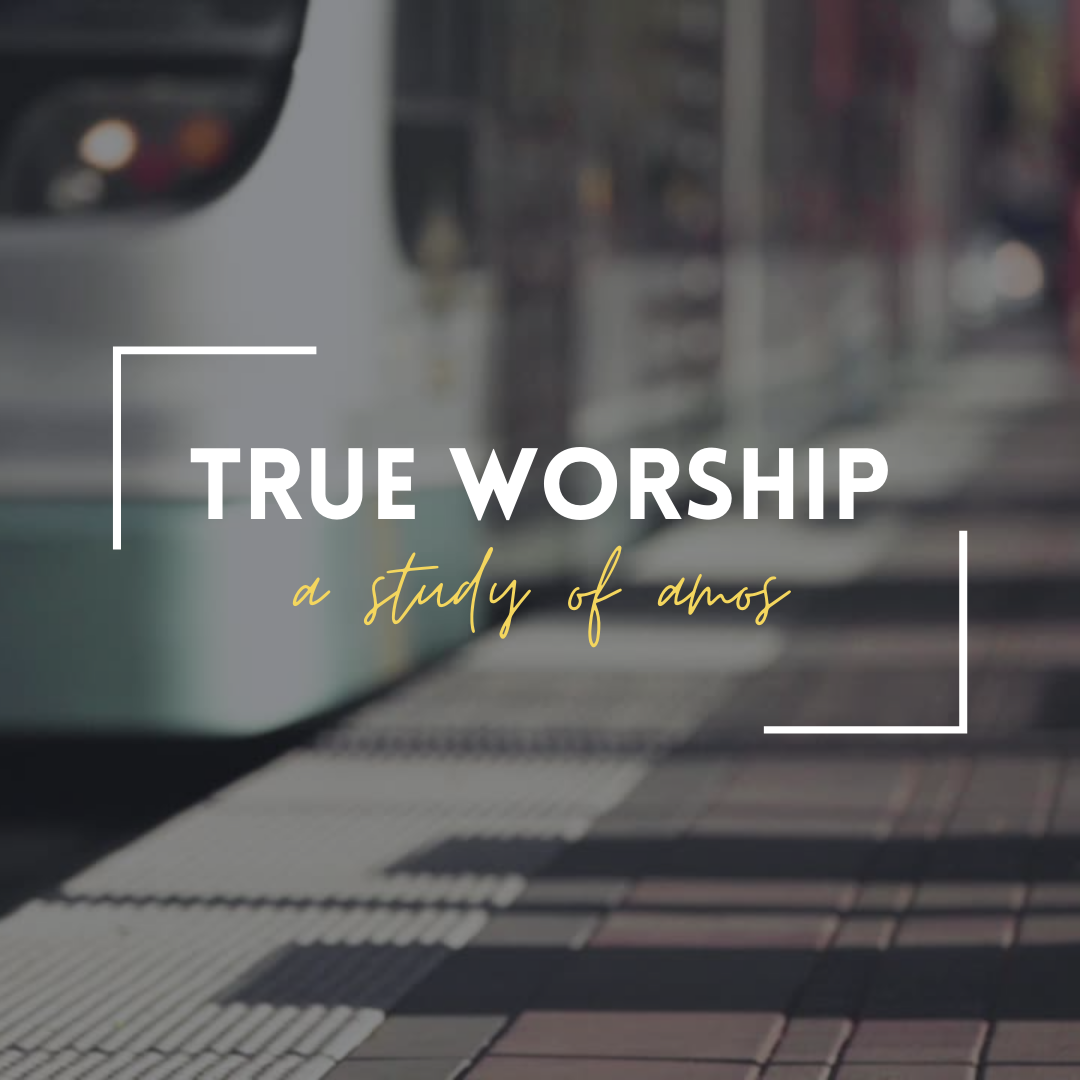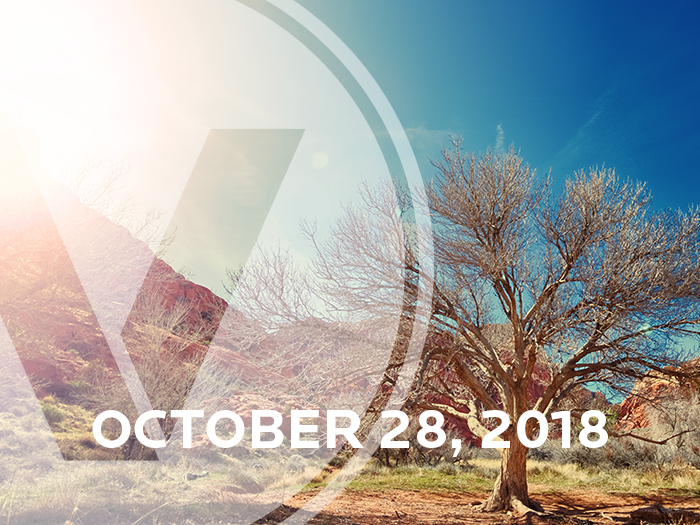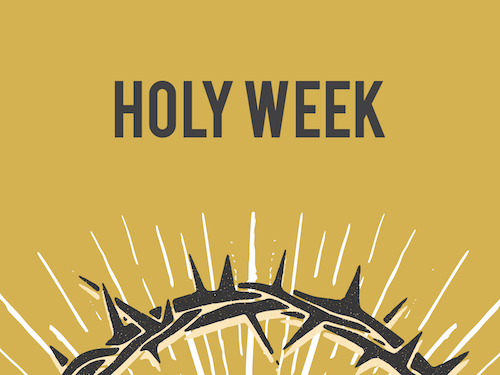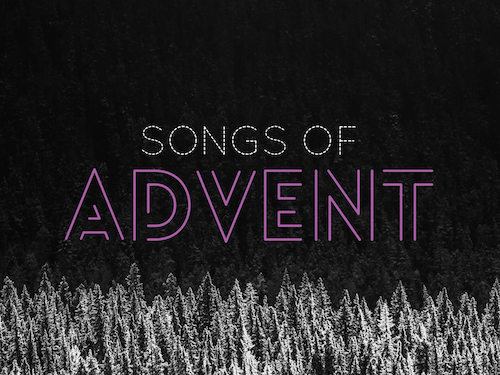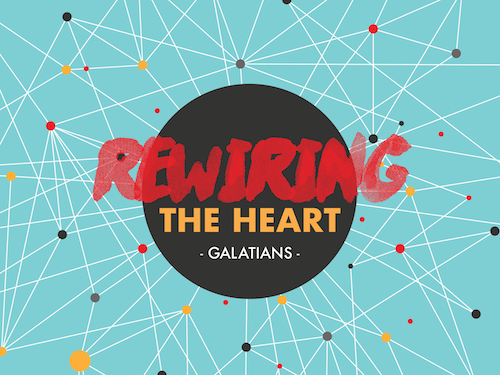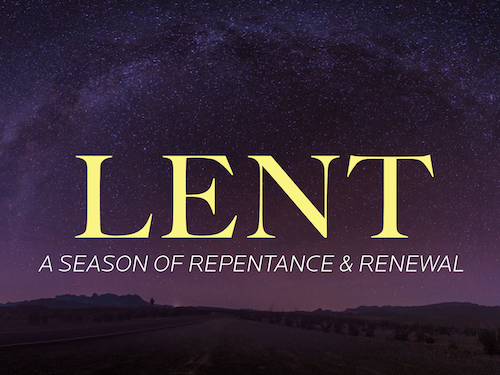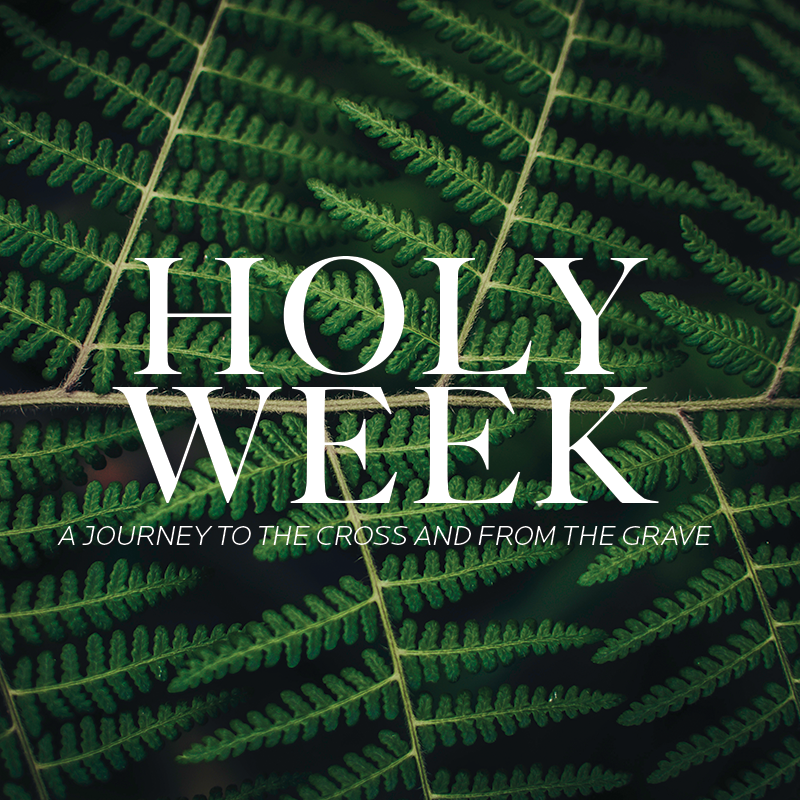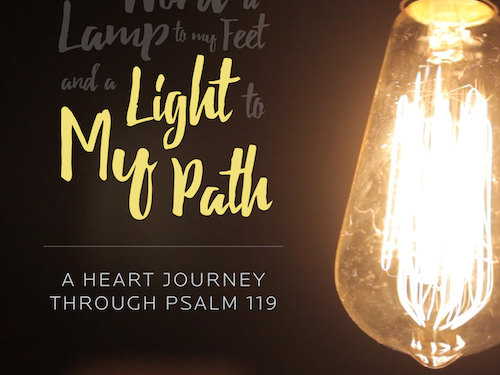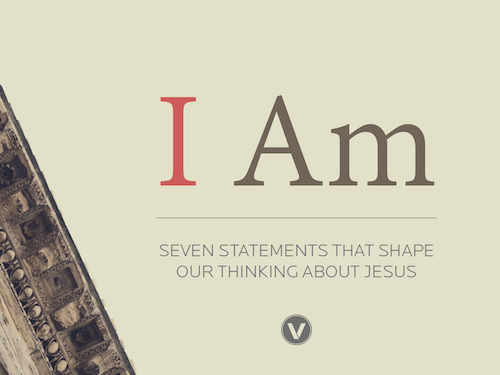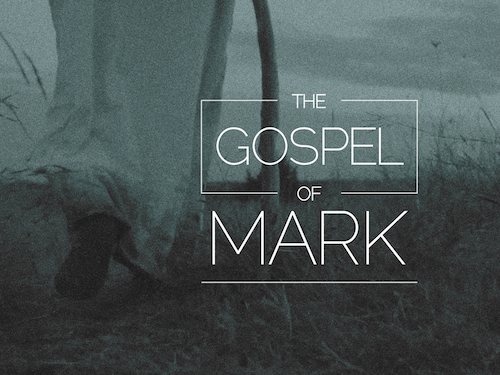John 12:9-19
9 When the large crowd of the Jews learned that Jesus was there, they came, not only on account of him but also to see Lazarus, whom he had raised from the dead. 10 So the chief priests made plans to put Lazarus to death as well, 11 because on account of him many of the Jews were going away and believing in Jesus.
12 The next day the large crowd that had come to the feast heard that Jesus was coming to Jerusalem. 13 So they took branches of palm trees and went out to meet him, crying out, “Hosanna! Blessed is he who comes in the name of the Lord, even the King of Israel!” 14 And Jesus found a young donkey and sat on it, just as it is written,
15 “Fear not, daughter of Zion;
behold, your king is coming,
sitting on a donkey's colt!”
16 His disciples did not understand these things at first, but when Jesus was glorified, then they remembered that these things had been written about him and had been done to him. 17 The crowd that had been with him when he called Lazarus out of the tomb and raised him from the dead continued to bear witness. 18 The reason why the crowd went to meet him was that they heard he had done this sign. 19 So the Pharisees said to one another, “You see that you are gaining nothing. Look, the world has gone after him.”
Jesus’ death and resurrection can feel like an abstract spiritual reality that isn’t relevant to our human experience. How can one man’s death bring me life? Even if the resurrection actually happened, what difference does it make on my life and this world?
As we lay the resurrection of Jesus before us in scripture, may we see that it really matters to each of us and this world that we live in.
Christianity did not spread in a gullible world that thought resurrections were normal (Acts 17:30-32). So how then was this truth accepted?
Lent is a season where we prepare our hearts to reflect on the passion of Jesus on the cross and celebrate Jesus’ resurrection from the grave. Lent as we know it today, developed over the centuries or evolved so that we wouldn't get swept away in the busyness of life and could root ourselves in a type of remembrance that should change how we interact with the world around us.
Our text describes the start of Passion Week, the suffering of Jesus.
Passion Week culminates in Christ’s death on the cross and His glorious resurrection. Jesus’ arrival in Jerusalem is traditionally called the “Triumphal Entry” and the Christian calendar calls it Palm Sunday. It is a declaration of His kingship. The Lamb who was slain before the foundation of the world (1 Peter 1:20) will now be slain on earth in space and time. The atonement for sin, ordained in eternity past, now becomes historical for all to behold.
Verse 13 is powerfully symbolic and a significant fulfillment of prophecies. The crowd’s cry, “Hosanna” ironically means, “Lord, save us.” They cheered for Jesus, the miracle-working rabbi from Nazareth because they wanted him to overthrow their oppressors. Only Jesus knew the full significance of what they were saying.
Jesus is the Savior of the whole world (John 1:12; John 3:16; John 14:6; Acts 4:12; 1 Timothy 2:5).
Jesus, King Of Israel And The World
Nothing about the life of Jesus on earth is an accident. This entrance of the Messiah into the world is God bursting into His cursed creation at a precise time and place to reveal Himself and bring life and light where there is death and darkness. God is always at work in history. God is moving His creation toward a goal - to make it all new.
The point of our text is that Jesus is not just the King of Israel, but He is the King of the world. Jesus is embracing the acclamation and not pushing it away as we read He did previously. He embraces it by choosing to fulfill prophecy by riding the colt. He is saying with his action, “Yes, I am the King of Israel. I am the Messiah.”
John weaves the story together to make it plain that the kingship of Jesus is more than a local Jewish tribal kingship - but in fact is the Kingship of the whole world.
The crowd that had been with Jesus when He called Lazarus out of the tomb and raised him from the dead continued to bear witness - they were looking for a savior. The crowd went to meet him because they heard that He had done this sign. So the Pharisees said to one another, “You see that you are gaining nothing. Look, the world has gone after him” (verse 19). John is showing us that His adversaries saw the enormity of His work and following and unknowingly spoke truth greater than they understood - Jesus is Lord and King of the world!
Jesus reigns with unmatched glory and power!
Discussion Questions
What things are you looking to that give you hope, comfort, and security (to be your savior)?
Can you think of some ways that you, personally, may have misunderstood or limited the mission and role of Jesus? (Example: Did you ever believe that Jesus purchased your salvation just so that you could obtain a get-out-of-hell-free card?)
We know from the gospel accounts that Jesus did not come to establish a new religion or a new legal system. How can we as a church (or you individually) best communicate the gospel in ways that don’t come across as religious or legalistic?













